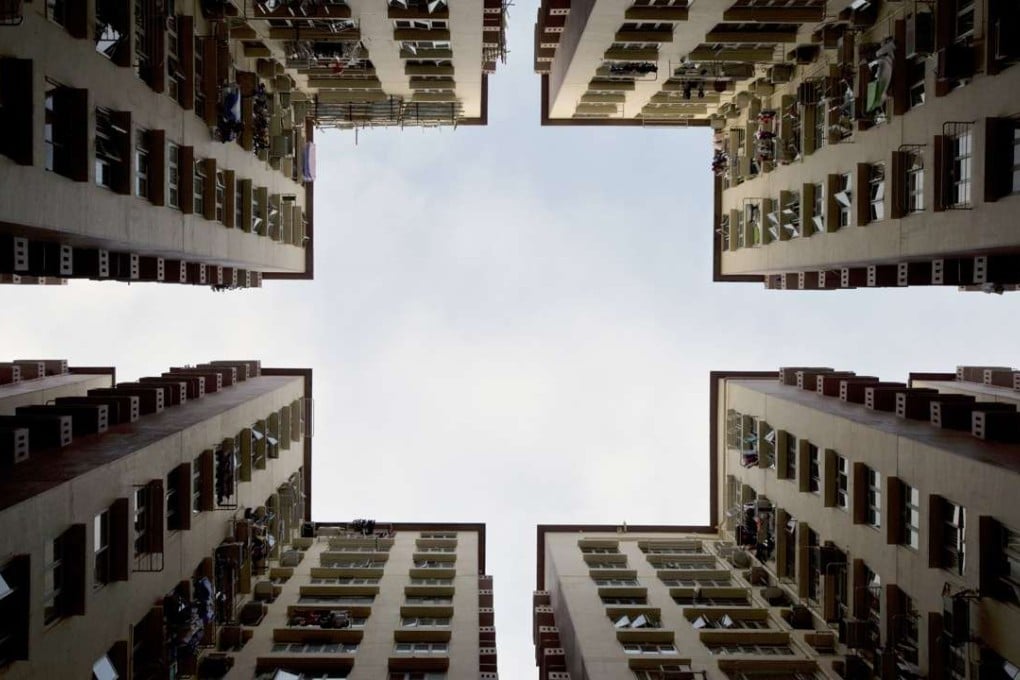The View | Tseung Kwan O flats selling at Manhattan prices, yet Hong Kong developers’ subprime mortgage tactics go unchecked

In a letter to his wife Jiang Qing in 1966, Mao Zedong wrote: “Great chaos achieves great order.” Unfortunately in Hong Kong, an oppressive order among our property developers has resulted in great chaos for the rest of the population.
Complaints about property prices and rents are being countered by claims of falling prices in recent property sales. But decades of distorted government policies favouring developers, ceaseless ramping and sales manipulation have created affordability levels so high that they are unassailable.
Realtors directed me to study the aggressive discounting in flats sold in Tseung Kwan O. Gross selling prices are about HKD11,500 per square foot. That is about US$1,500 per gross square foot. Using an efficiency rate of about 75 per cent for small flats, the price per net useable square foot is about US$2,000. This is equal to Manhattan’s current levels. This shows how absurd flat prices have become in Hong Kong despite recent discounts.
Those who can afford to live in US$2,000 per square foot apartments in New York usually earn an average annual income of about US$100,000 or more (equivalent to HKD780,000). So assuming a dual income couple, the household income is about HK$1,560,000 per year for each household, or HK$130,000 of gross income per month.
According to Hong Kong government statistics, the city’s median household income in 2015 was HK$23,500. Households earning HK$100,000 a month or greater represented only 4.7 per cent of domestic households.
